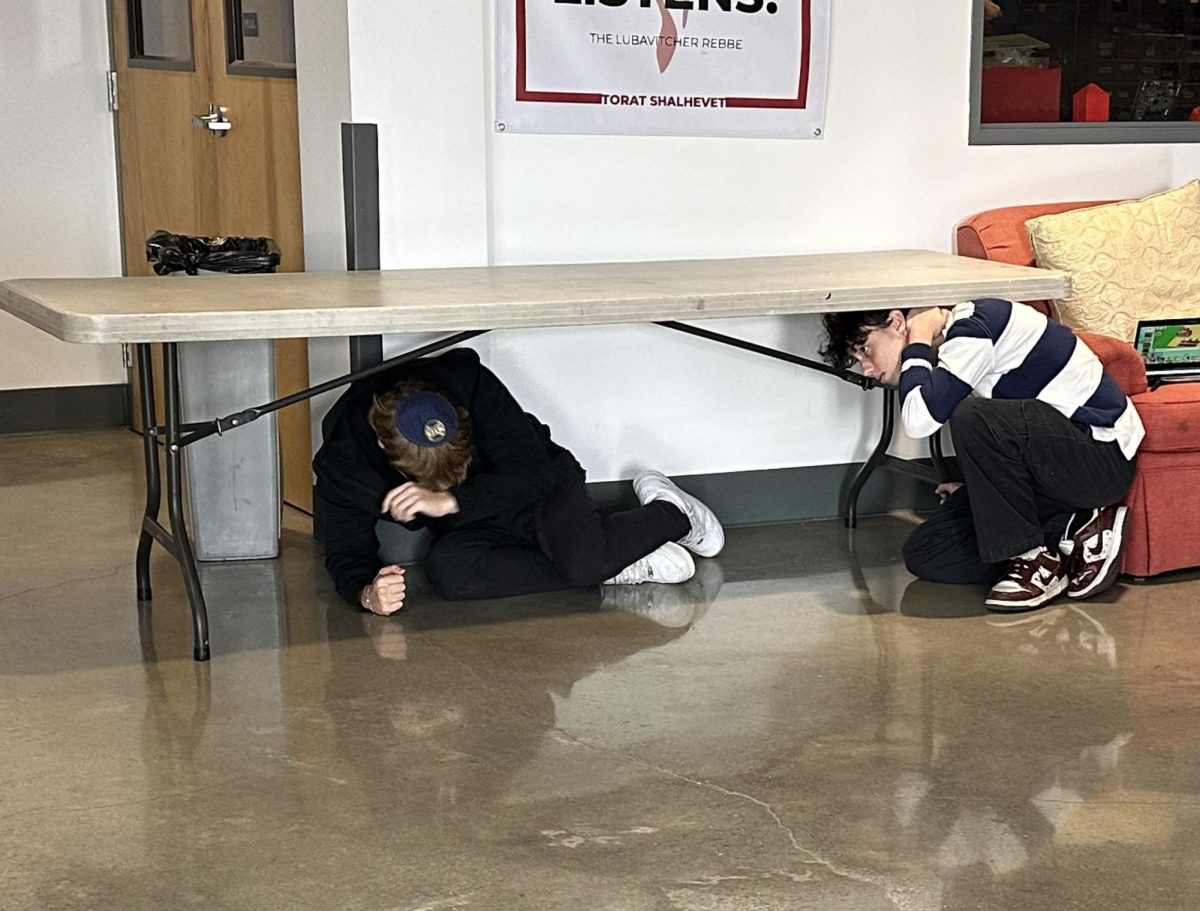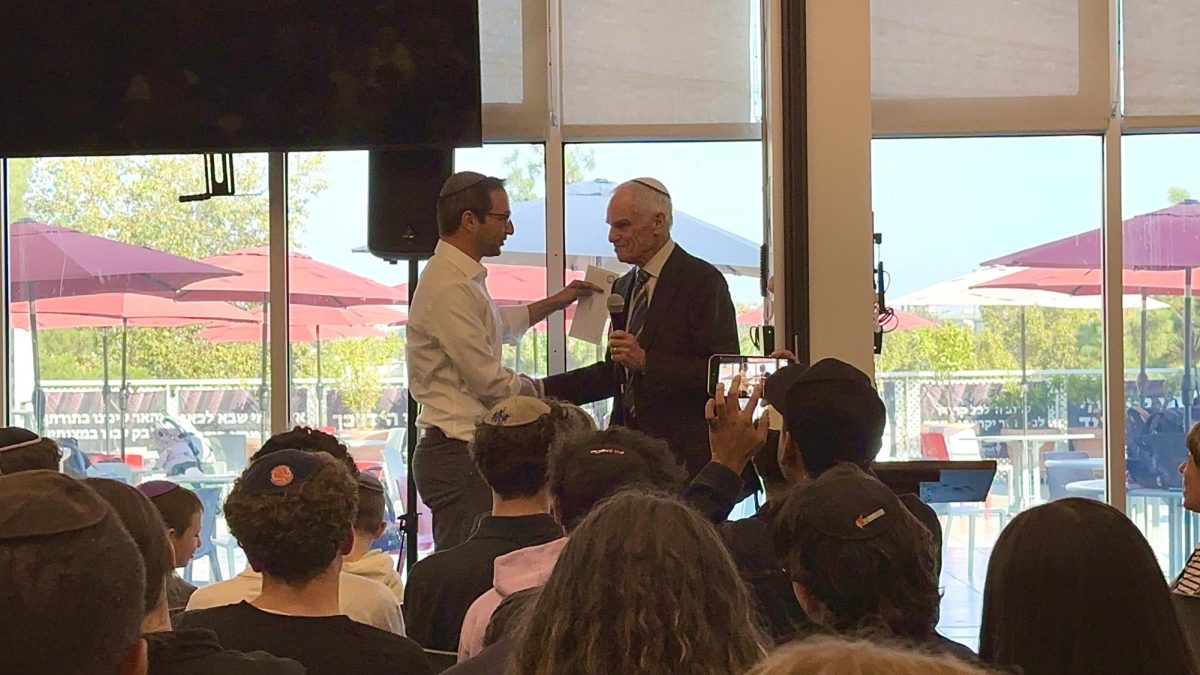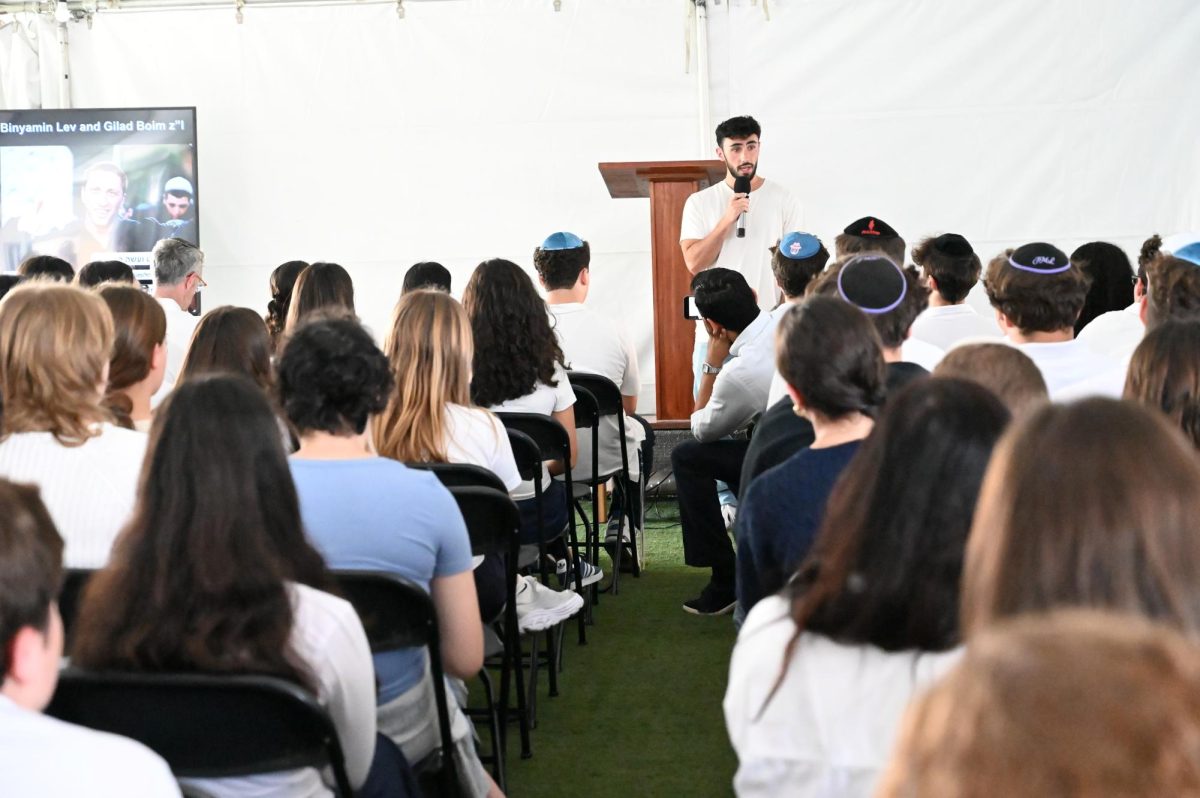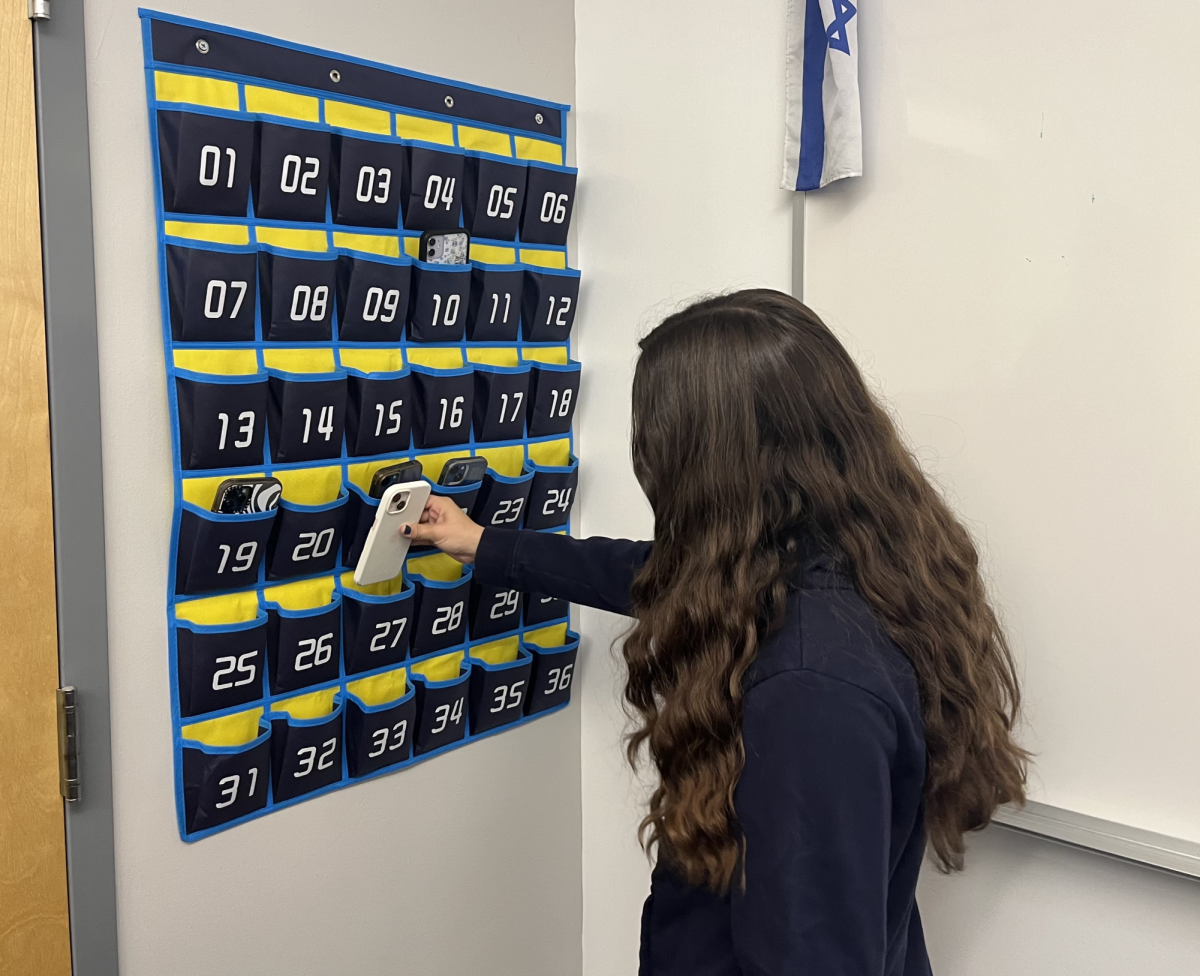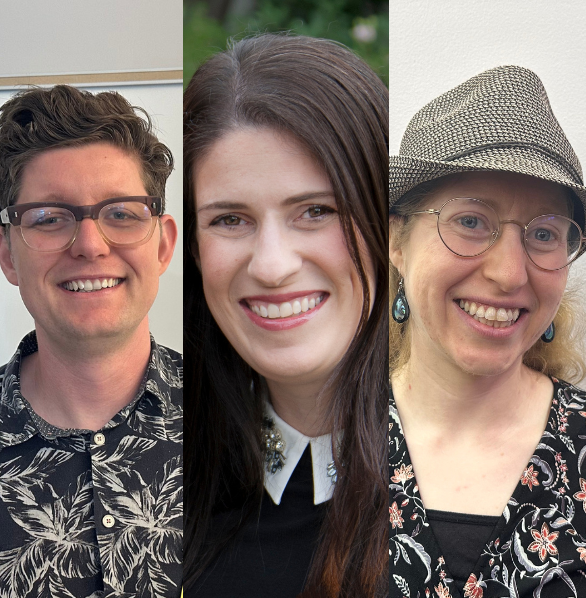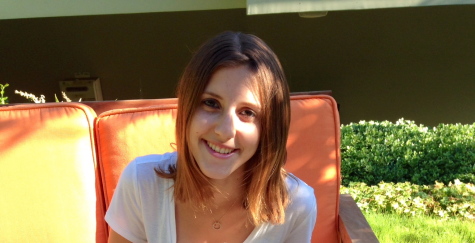
What will happen when Shalhevet trades in the traditional cooking, chatting and art project advisory for an hour-long class of study skills or learning?
This week, students began to find out, when the first Advisory period of the year rolled out an entirely new program for the every-other-Tuesday 1:55 p.m. time slot.
“The biggest improvement will be a noticeable focus on addressing the particular needs of each grade,” said Mr. Jason Feld, Director of Educational Technology and Curricular Integration and the person who spearheaded the advisory changes.
This fall in advisory, freshmen and sophomores will be working on organization, academic, and time management skills, while juniors will have casual seminars where groups of three teachers will sessions about rhetoric and the arts. Seniors will explore gap years in Israel and discuss the details of college and the college application process.
A big change is that the focus of advisory will be different for each grade, and will vary as the year progresses. Spring semester plans will be finalized later, Mr. Feld said.
The goal is to personalize advisory by tailoring it to the needs of each specific grade.
Mr. Feld said the more relaxed and unstructured advisory of the past did not help students who were stressed and anxious. The new program, he said, will enable teachers to “help students balance life in a social and academic manner,” especially freshmen and sophomores who are still adjusting to high school.
General Studies Principal Mr. Roy Danovitch, who led Advisory until this year and also contributed to the new program, called the modifications “exciting,” and not contradictory to the previous program, called “Ma-agal Hakshava,” Hebrew for “listening circle.”
“Every program, Advisory – Ma’agal included, needs a recalibration, so long as core principles remain: developing happy, healthy students,” Mr. Danovitch said. “The spirit and practice of Ma’agal will remain, but it will not form the crux of the advisory meeting.”
Advisory is scheduled during the sixth period of the day on Tuesdays of Fire week. It has long been a feature of life at Shalhevet.
In previous years, students were divided into grade-level groups of about 10 students, who met with an advisor responsible for their overall well-being and who also acted as a liaison between the school and parents.
For many years, program met weekly, but last year it switched to every other week, alternating with SWAP (school-wide appointment period). Advisors led discussions on a wide range of topics, ranging from moral dilemmas and current events to sleep habits and Jewish holidays. Some showed movies, devised art projects or took their groups to Starbuck’s.
Some sessions were devoted to griping about homework and stress or discussing peer pressure, bullying or other social problems. Many groups chose their own topics, some organized community service projects, and a few tried meditation, guided imagery or cooking. Since 2010, the groups had been officially called ma’agal hakshava, Hebrew for “listening circles.”
Some students said they would miss that.
“I like advisory more laid back rather than a curriculum type of class,” said sophomore Samantha Bernstein. “We can talk about anything that’s on our mind, and adding a curriculum will definitely change the atmosphere of the class.”
But others looked forward to the change.
“I think advisory will now be a more beneficial class,” said sophomore Eric Bazak. “I think it will make the class more productive now that we are learning essential skills and tips.”
Senior Danielle Lowe agreed.
“It’s better that there’s now more of a set schedule for each week of what advisories will talk about,” said Danielle. “Hopefully the topics will hit home for more students.”
That was exactly what Mr. Feld and Mr. Danovitch seemed to have in mind. So will the changes to advisory be permanent?
“Few things in life are and this is certainly not one of them,” said Mr. Feld.


